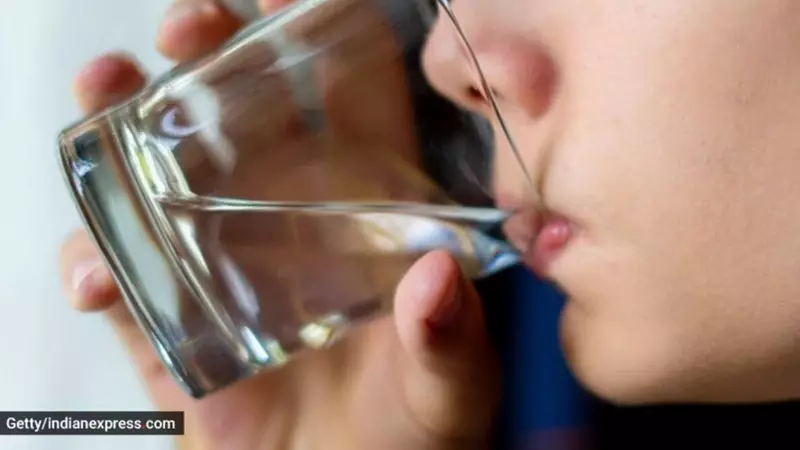
Water consumption remains one of the most debated health topics, with numerous opinions circulating about the ideal daily amount. While the common recommendation of eight glasses or three liters daily persists, medical experts emphasize that hydration needs vary significantly between individuals, particularly between men and women.
Gender-Based Hydration Requirements
According to Dr. Amit Saraf, Director of Internal Medicine at Jupiter Hospital in Thane, there's no universal rule that applies to everyone when it comes to water consumption. The amount of water your body requires depends on multiple factors including weight, activity levels, climate conditions, and overall health status.
Dr. Saraf explains that the body constantly loses water through sweat, urine, and breathing, and these losses must be replaced accordingly. However, the rate of fluid loss differs from person to person. On average, men typically need between 3 to 3.7 liters daily, while women require approximately 2.5 to 2.7 liters. These figures should serve as general guidelines rather than strict rules.
Recognizing Hydration Signals
Many people wonder whether they should count glasses or simply drink when thirsty. Dr. Saraf cautions that thirst is actually a late indicator of dehydration. By the time you feel thirsty, your body is already experiencing some level of dehydration stress.
A more effective approach involves sipping water consistently throughout the day rather than consuming large quantities at once. Monitoring urine color provides a reliable hydration indicator - pale yellow suggests proper hydration, while dark yellow or amber signals the need for more fluids.
Beyond Plain Water: Alternative Hydration Sources
Water isn't the only source of hydration. Numerous foods and beverages contribute to daily fluid intake. Fruits, vegetables, soups, buttermilk, and coconut water all help maintain hydration levels. Approximately 20-30% of your daily hydration can come from food sources.
However, Dr. Saraf warns against certain beverages. Sugary drinks and excessive caffeine can actually contribute to dehydration and should be consumed in moderation.
The Dangers of Overhydration
While proper hydration is crucial, excessive water consumption can pose serious health risks. Overhydration, medically termed 'water intoxication,' can dilute sodium levels in the blood, leading to confusion, nausea, and weakness. Though relatively rare, this condition primarily affects athletes or individuals who consume large water volumes without adequate electrolyte replacement.
Practical Hydration Strategies
For sustainable hydration habits, Dr. Saraf recommends listening to your body while taking proactive measures. Keeping a water bottle nearby, sipping regularly, and adjusting intake based on weather and activity levels proves more effective than rigidly counting liters. Consistency matters more than precise measurements when maintaining proper hydration.
Remember that individual needs vary, and these recommendations serve as general guidelines. Always consult healthcare professionals before making significant changes to your hydration routine, especially if you have underlying health conditions.






